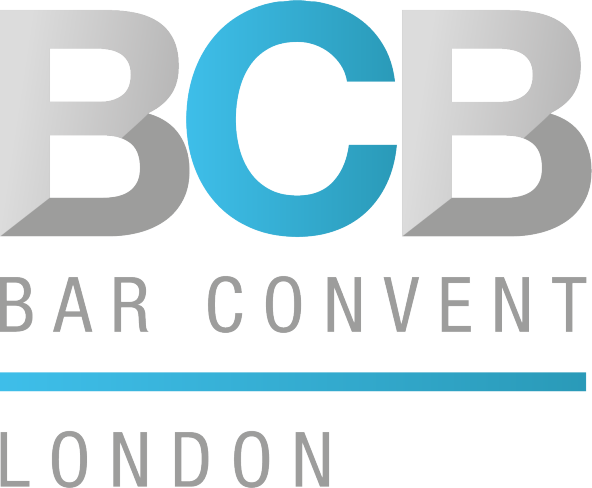The Insider’s Guide to Building Great Bar Teams
An effective modern bar team needs to contain several specialists and share its knowledge to succeed
Jonathan Downey once said, ‘A great bar team is like a great football team; talented people playing in their natural position.’ The workhorse on dispense – a defender if you will, a speedster on the wing (keeps the mess out of the way) with room for pace, showmanship and chat from your attacking midfield. The bar manager is, of course, the goalkeeper, doing not a lot apart from shouting.
This was about 15 years ago, but it remains true today. A cocktail is more than the sum of its parts, a cocktail bar team is the same. It is great to visit a bar where the staff are all friends, but sometimes more impressive to watch a group work well together after little or no introduction.
Managing event teams it’s great to see fantastic one-night teams forged regularly. If the group possesses all the skills required and can effectively dole out tasks and responsibilities to the person most capable, the shift will run smoothly.
Striving to optimise this balance and distribution of skill and labour within a fixed team is seen as the responsibility of the management team of the venue, but I contend that the responsibility of the development belongs to the team members, by actively trying to develop not only individual skills but learning to excel as a component of the larger machine.
Teach each other Excel, tray carrying, card tricks and cool stirs. Make a team
The growth in quality, diversity and depth of the cocktail industry is a positive continuing development for the category. But nevertheless, that growth is putting a strain on the building of great teams. There is a dangerous propensity towards a ‘one Ronaldo, and everyone else’ style of bartending hierarchy, which is fostered by demeaning pay structures, and a lopsided apportioning of junkets and jollies.
The compendium of bartending knowledge is expanding at an exponential rate. There’s
no way that a head bartender can be the last word any more. Who, frankly, can compete with the smartphone and Google when it comes to answering the most arcane of questions?
It would be more sensible now to have a rum specialist, a flair/sleight of hand expert, a cocktail historian, an agave-head and a distillation geek. A bit like a modern day cocktail A-Team, with each member of the team committed to help their colleagues by teaching them their skills.
An expert’s filtering and combining of information from disparate sources can effectively condense the learning process of their speciality and quickly accelerate the knowledge and understanding of a subject within the team.
This is particularly important when it comes to the proliferation of new products and brands. It is impossible for one’s liver to survive the tasting of every launch in every category, so shared learning is the only way to keep up.
All bar teams should attempt to promote (even formalise) this tasting and sharing process to help one another effectively cover more bases. And tasting notes made by team members for team members can easily become menu descriptors for customers.
The best spirit lists that we saw in the recent Drinks List of the Year awards all had explanations of their products, beyond the size and price.
Teach one another about American gin, akvavit and pastis, cold press and cold compounding. The process of teaching and preparing a lesson, is the best way to truly cement knowledge and understanding. Teach each other how to use Excel, tray carrying, card tricks and cool stirs. Tricks for cocktail comp nerves and the best way to clean a bar mat. Make a team.
It is only when a team is functioning as a balanced whole that greatness happens. The solid foundation of confidence in your colleagues is the most important prerequisite in investing the extra that ‘extra’ordinary requires.
This article was updated from one that was originally published in imbibe live magazine on December 01, 2017
